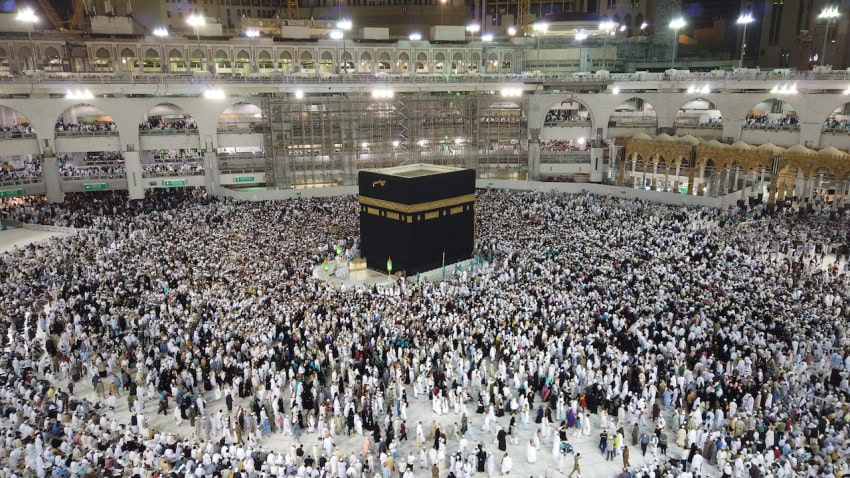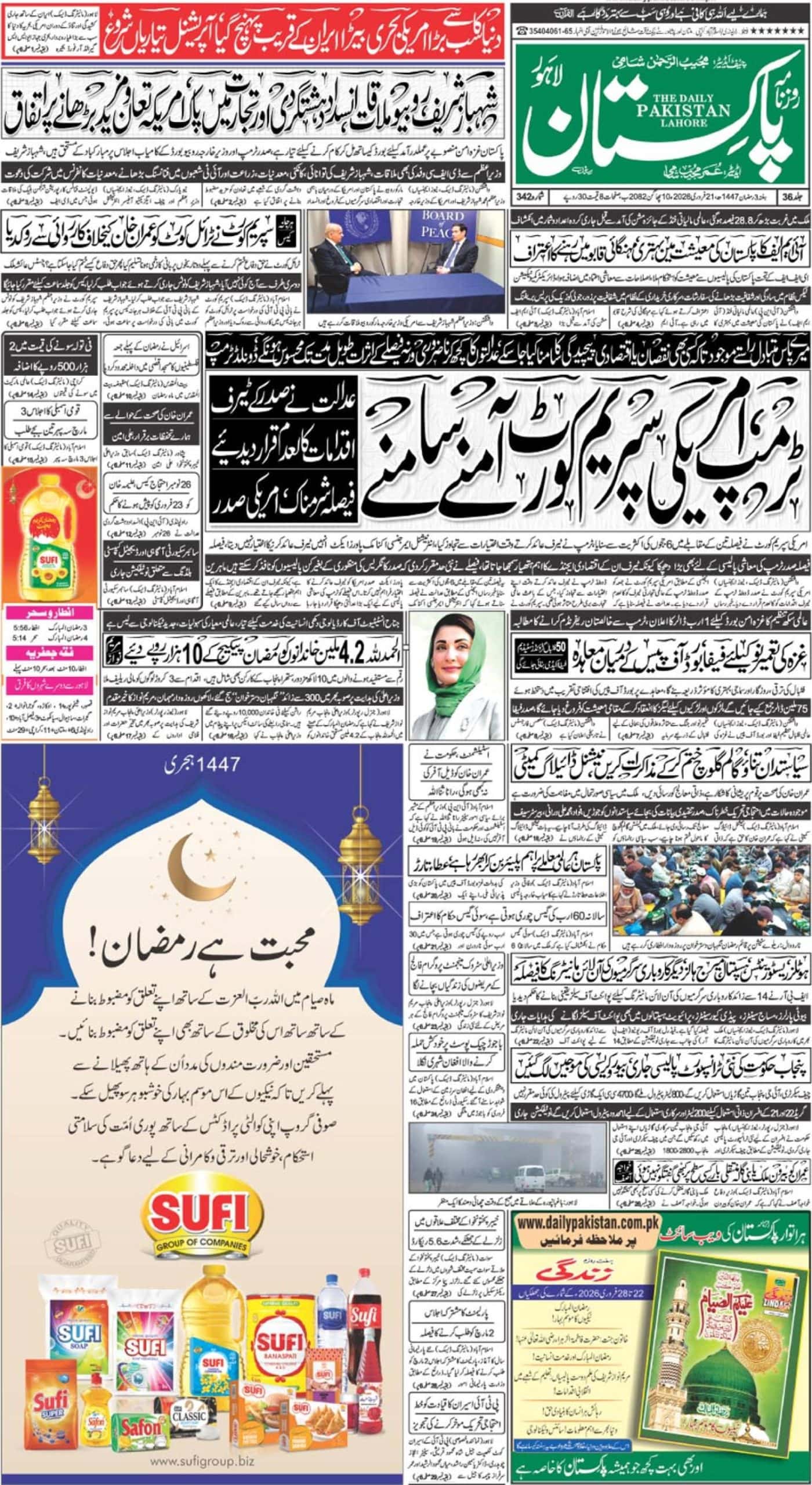RIYADH – Pakistan’s interim religious affairs minister Aneeq Ahmed arrived in the Saudi capital Riyadh to discuss issues related to Hajj and more specifically expansion of the ‘Road to Makkah’ project.
The ‘Road to Makkah’ initiative provides customs and immigration services to pilgrims at the point of departure and saves them from the hassle of this necessity upon arriving in Saudi Arabia.
The holy kingdom provides the service to four countries but pilgrims departing from Islamabad are able to enjoy this relaxation at the moment.
The minister, during his visit, would discuss the possibility of expanding the facility for pilgrims departing from Lahore and Karachi as well.
During the visit, the minister is also expected to hold discussions with Hajj operators and analyze the arrangements for next year’s Hajj.
Aneeq Ahmed had already met the representatives of catering and accommodation companies for the upcoming Hajj. He is also expected to meet the Hajj minister, Dr. Taufig bin Fawzan Al-Rabia, and the general secretary of the Muslim World League, Muhammad bin Abdul Karim Issa.
Earlier, the interim religion minister also suggested using private airlines for the Hajj in order to make the journey as easy as possible for its inhabitants
The minister underscored the government’s dedication to making the annual Hajj trip easier for Pakistani pilgrims.
“All facilities, including lodging, transportation, and catering at reasonable costs, will be ensured,” he added.
Ahmed continued by saying that the government would consider using the services of private airliners if acceptable transit prices were provided in order to improve the pilgrimage experience for its citizens.
For last year’s Hajj, a 50 percent quota had been reserved for the Sponsorship Scheme which was a special facility given to Hajj pilgrims seeking foreign exchange from abroad in the specific dollar account of the religious affairs ministry.
The government had set Hajj expenses at Rs1.175 million per pilgrim, 68% more than last year’s expenses which apparently became a reason for many Muslims to avoid performing the ritual amid skyrocketing inflation.
It is noteworthy that this was the first time Saudi Arabia welcomed pilgrims in large numbers i.e. around 2.3m after the pandemic restrictions were lifted. Around one million people joined the 2022 Hajj season and only those in the age bracket 18 to 65 who were fully vaccinated or immunized against the virus and did not suffer from chronic diseases were allowed to visit the kingdom.
Earlier in July, then Minister for Religious Affairs Talha Mehmood announced that all the intending pilgrims who will go for Hajj in 2024 will have to pay their expenses in US dollars instead of Pakistani rupee though no development has been made in this regard by the religious affairs ministry.














